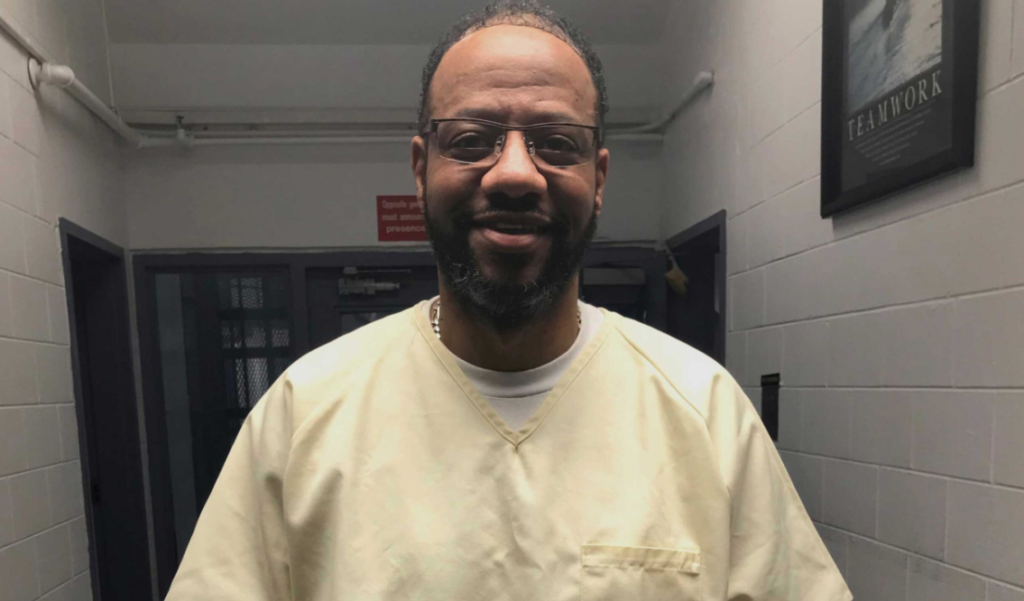
A man on Tennessee’s death row with a diagnosed intellectual disability is asking the court not to send him to the death chamber.
Pervis Payne was supposed to be executed last year, but Gov. Bill Lee postponed it because of the pandemic. Now, the reprieve has expired and a new date could be set any time.
A new law that the governor just signed could save Payne’s life.
The law allows people on death row with intellectual disabilities to ask for a lesser sentence if they’ve never had a chance to do so before.
State law already prohibited capital punishment for people like Payne with intellectual disabilities. But, until now, there was no way for people who had already been sentenced to death to challenge it in court.
Payne’s case inspired both Democratic and Republican lawmakers to change that. A bipartisan bill passed through both chambers of the legislature with near-unanimous support.
Payne’s attorneys say his IQ is low enough that it would go against both Tennessee law and guidance from the state and U.S. supreme courts to execute him. They also have repeatedly argued that Payne is innocent.
Payne has spent more than three decades on death row for a 1987 stabbing in Shelby County that killed Charisse Christopher and one of her children and wounded another. Payne says he was wrongfully accused of the crime after trying to help the victims. He noticed that their apartment door was open when visiting his girlfriend, who lived across the hall, and found them in a pool of blood on the kitchen floor.
Last fall, a judge allowed Payne’s attorneys to conduct DNA testing on multiple items from the scene that had never been tested before. His attorneys said the analysis uncovered another man’s DNA on several pieces of evidence, including the knife used in the stabbing. But the judge ruled that the results didn’t go far enough to prove Payne’s innocence, because his DNA appeared on some items, as well.
Payne’s attorneys still stand by his innocence claim. They say his DNA is on the evidence because he was in the kitchen that day, trying to save the victim’s lives. But when he realized that the police might be suspicious about a young Black man at the scene of a stabbing, he ran. Payne was charged with murder soon after.
Payne’s case has garnered both statewide and national support.
The Innocence Project has served as co-counsel with Payne’s Tennessee federal public defender, and more than 740,000 people have signed a petition created by the organization to free him from death row. A coalition of 150 local leaders and organizations in Tennessee have also asked the governor to grant Payne clemency. Even staunchly conservative law enforcement officials, like former Whitewater investigator Kenneth Starr, have urged the state not to execute Payne.
The latest petition would not overturn Payne’s conviction or free him from prison. It would merely spare him from the state’s harshest sentence, because of his intellectual disability.
Only Gov. Lee has the power at this point to decide if Payne should stay in prison or walk free. His office says it is reviewing the request.
Samantha Max is a Report for America corps member.

